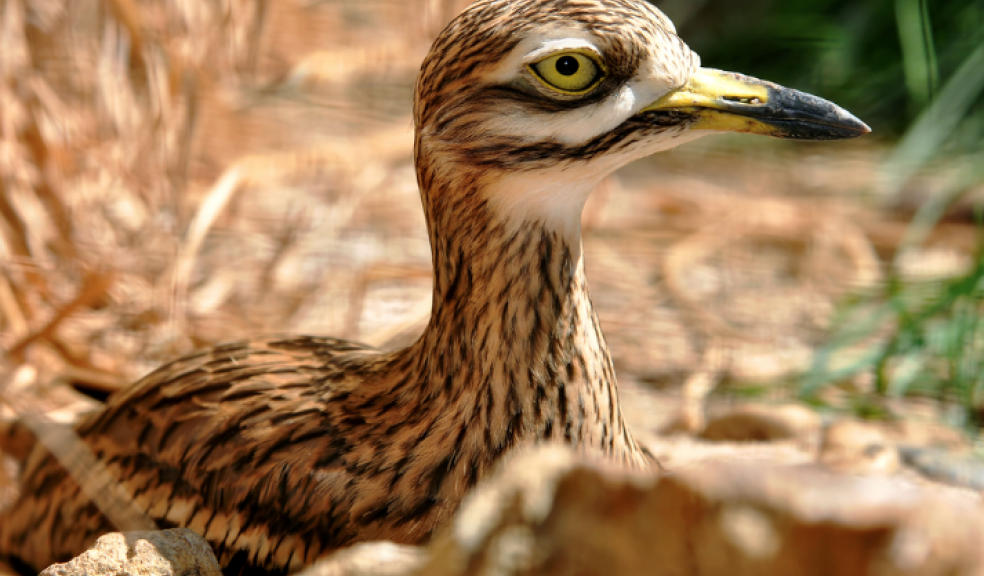
Lack of food and cold weather killing rare birds
Wildlife is suffering the effects of an exceptionally late spring with rare birds found dead and summer warblers absent from the countryside.
The bodies of eight stone-curlews (pictured) – one of the UK's most threatened birds – have been found in fields in Norfolk, Suffolk and Wiltshire in the past few days.
The birds are believed to have returned from their wintering grounds in Africa and Spain and struggled to find enough food to survive. The bodies weighed around 300 g, compared to a healthy weight of 450 g.
This follows the deaths of hundreds of puffins and other seabirds off the coast of Scotland and north-east England two weeks ago as a result of continuous freezing conditions and stormy seas making it hard to find food.
Elsewhere, there have been reports of short-eared owls and barn owls found dead after cold weather hampered their ability to hunt.
Now is the time of year the UK sees an influx of migrant birds returning to our shores to build nests and breed, but nature enthusiasts have reported very little activity. Reports of chiffchaffs, willow warblers and blackcaps have been scarce, sparking fears from conservationists after last year's poor breeding season.
Meanwhile many species are behaving like winter is still here. Winter migrants like waxwings, fieldfares and redwings are still present in large numbers in the countryside and show little sign of heading north. The winter evening spectacle of starling murmurations – large flying flocks of birds gathering to roost – can still be seen in some areas.
RSPB conservation director Martin Harper said: 'I can't remember a spring like this – nature has really been tested by a prolonged period of very cold weather."














